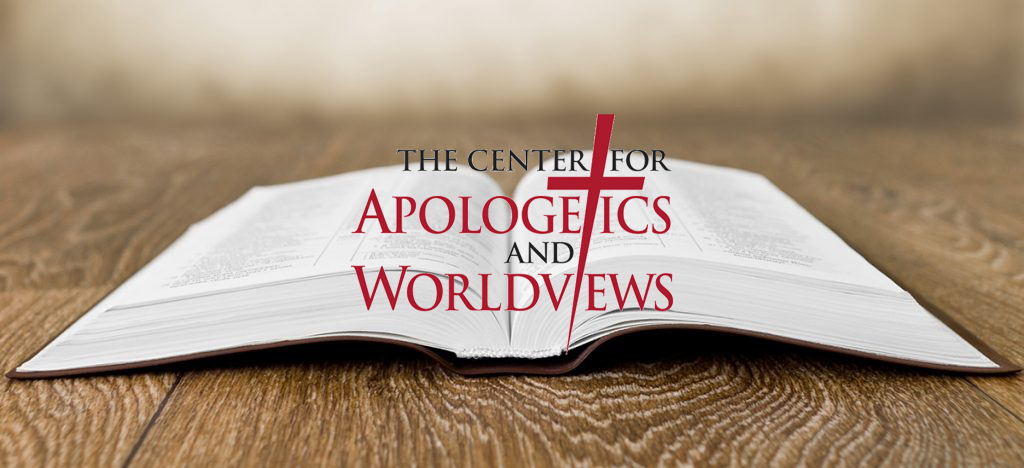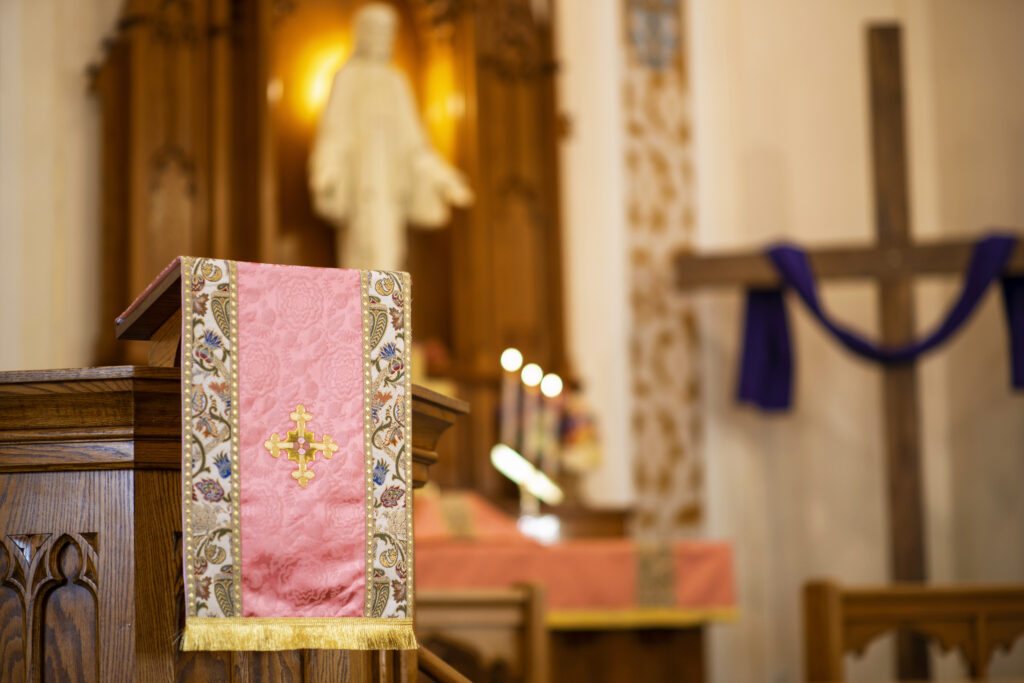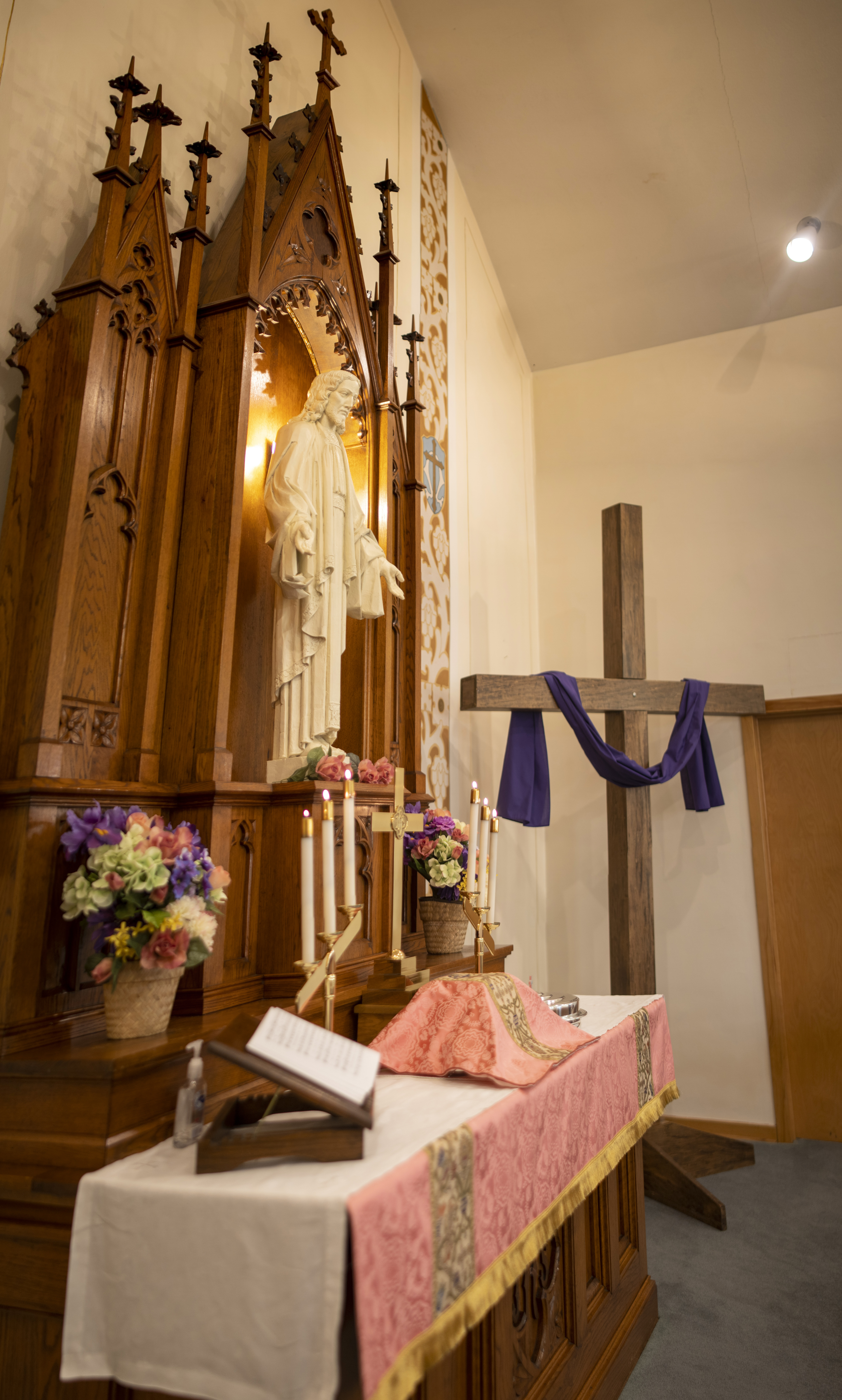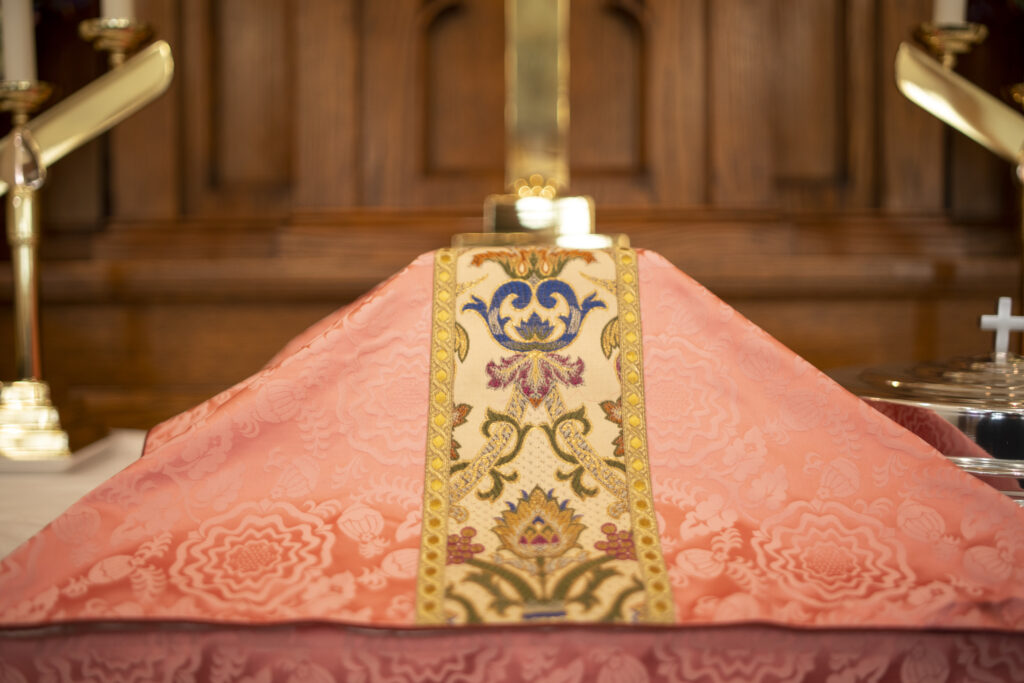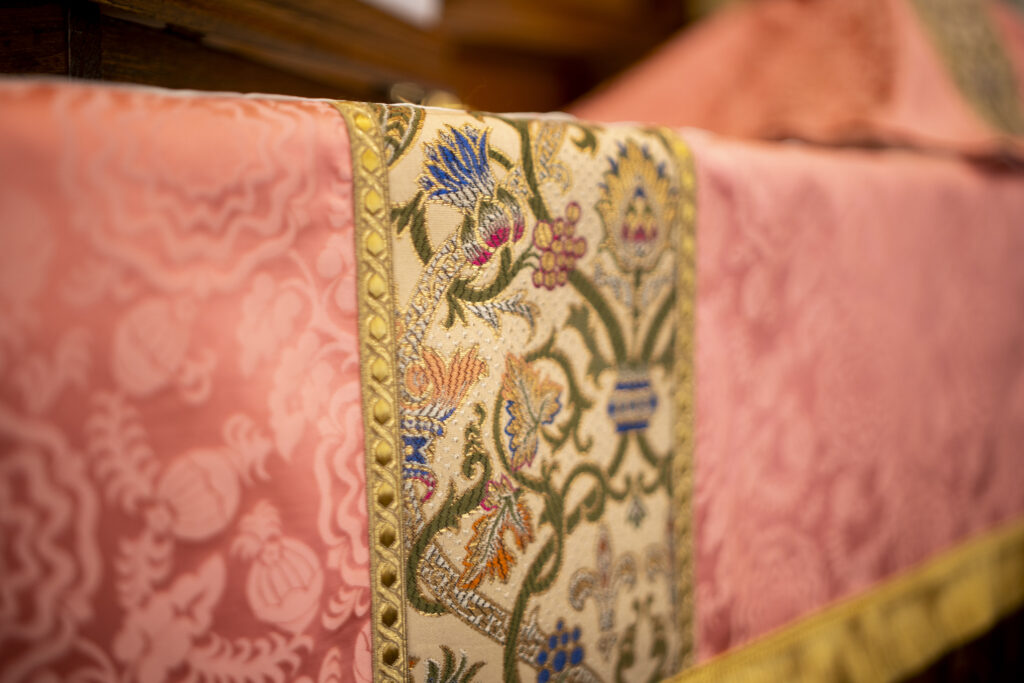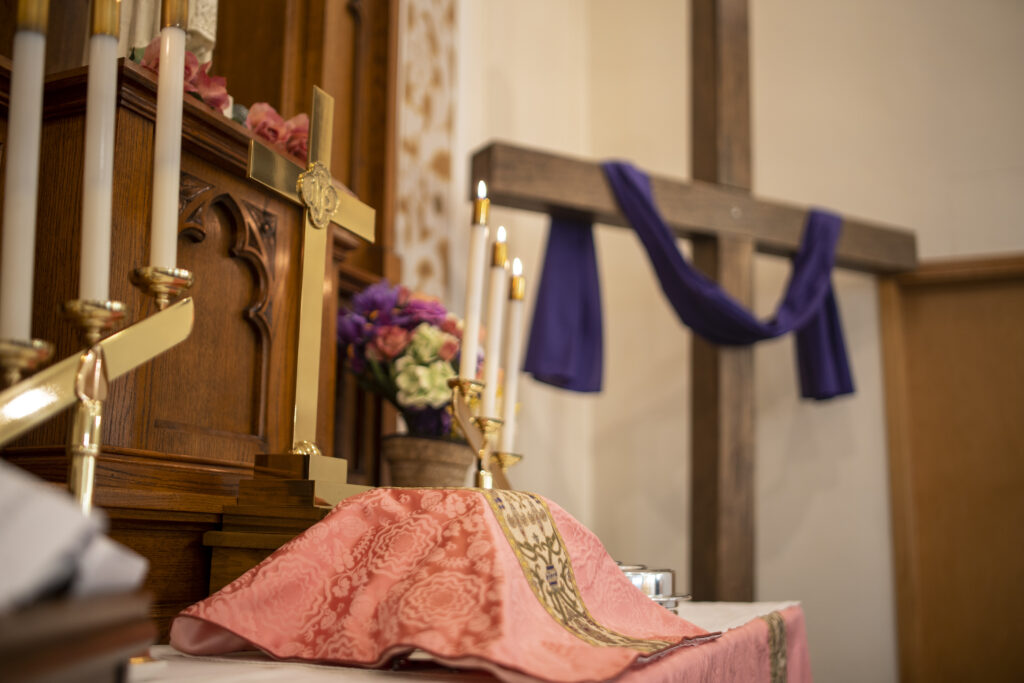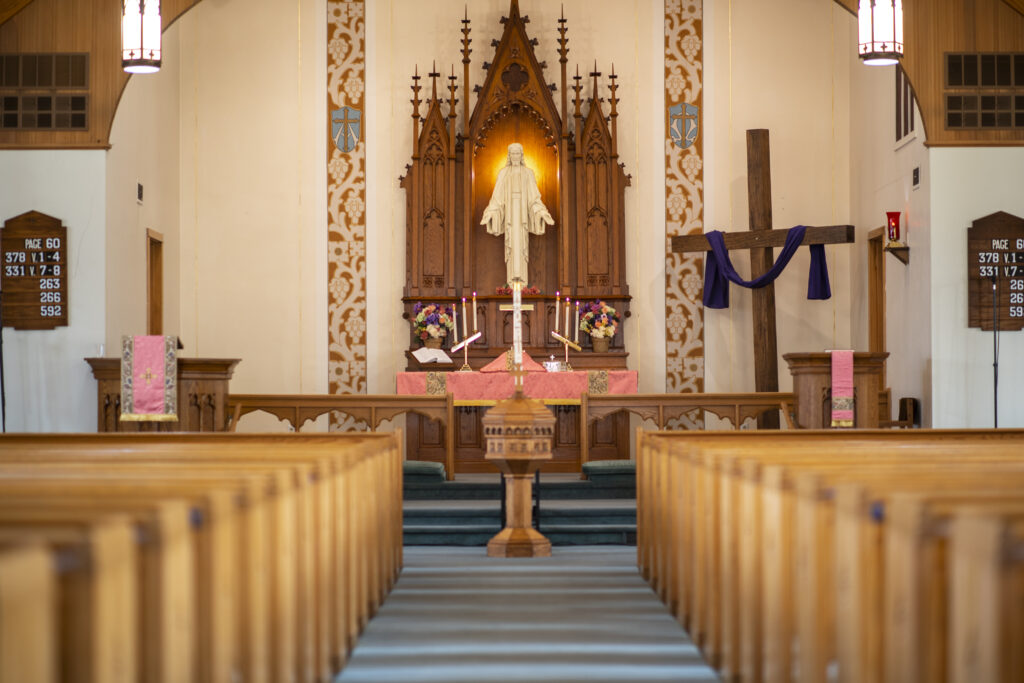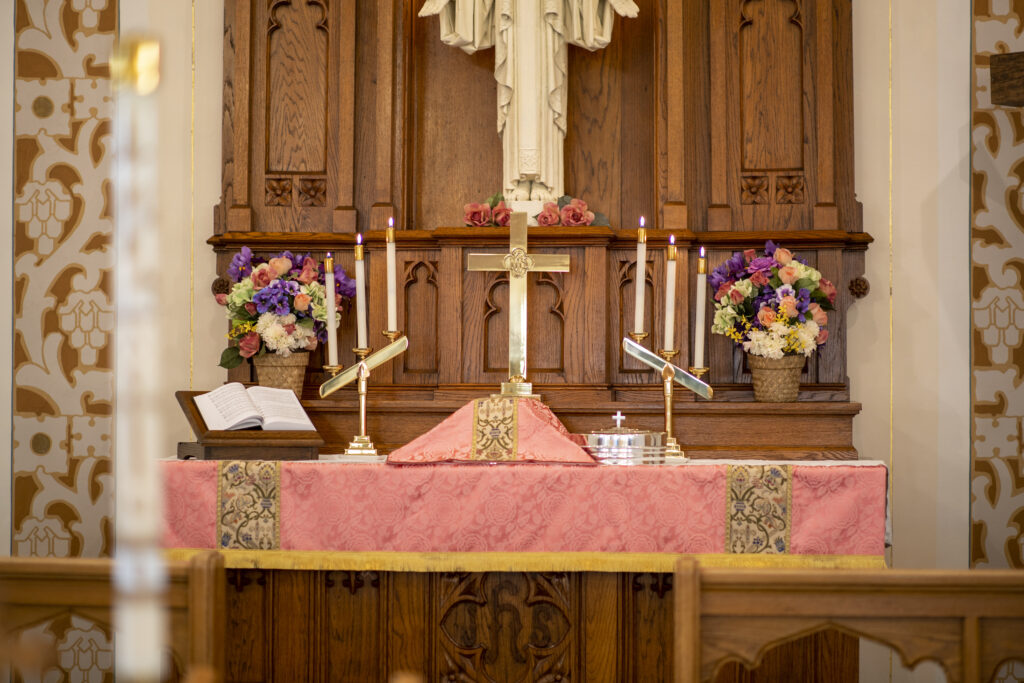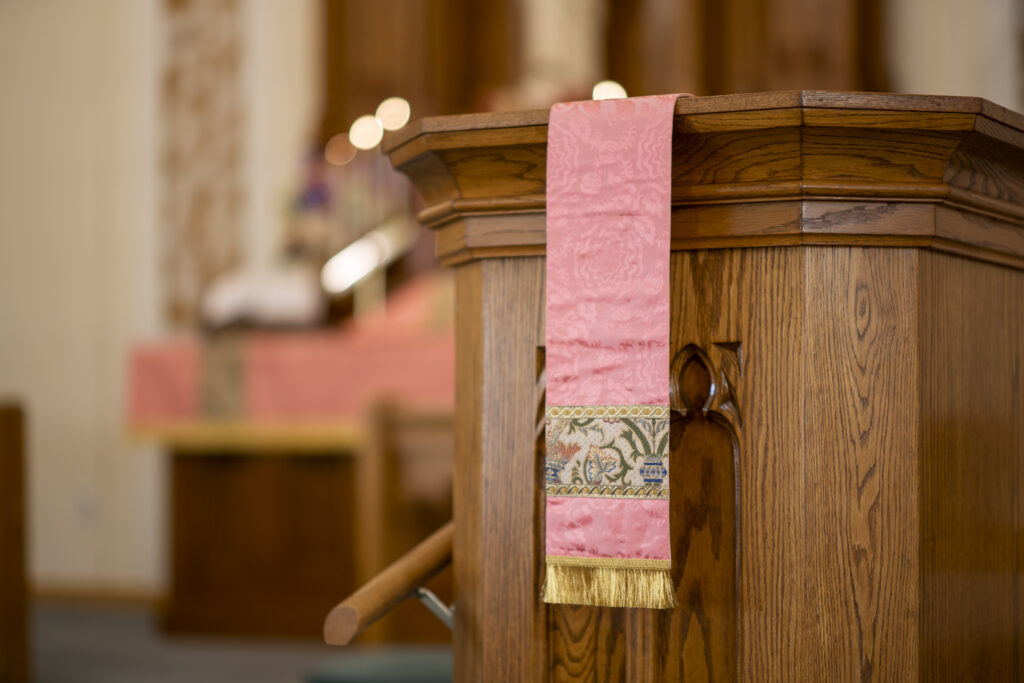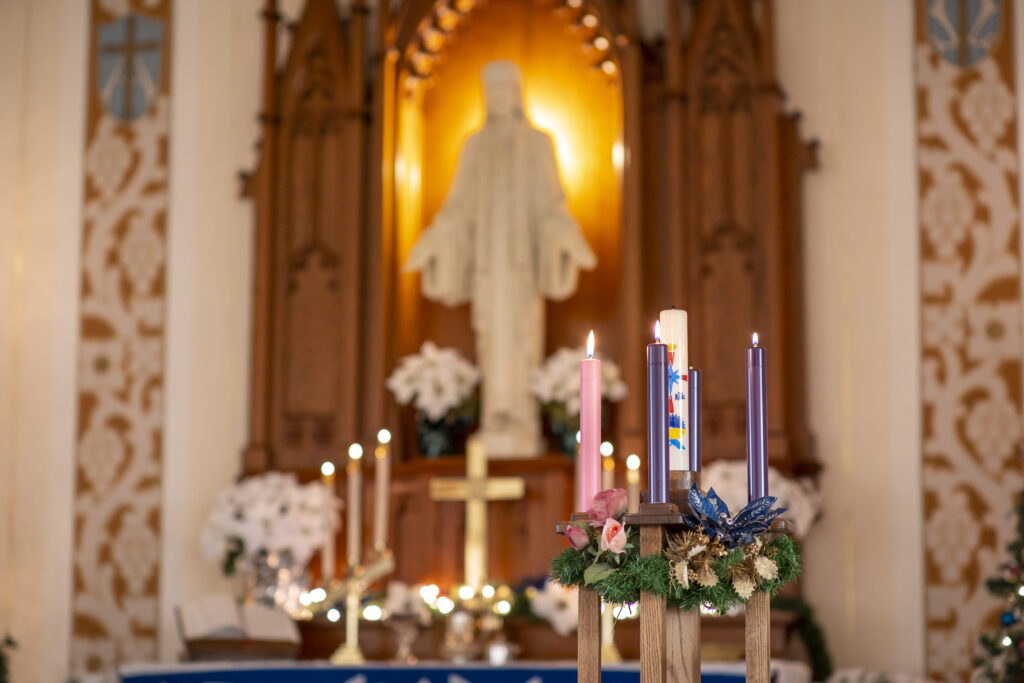Epiphany, January 6, is the official end of the 12 days of Christmas. Many Christians celebrate this day by remembering the journey of the Magi who found their way to Jesus by following a bright heavenly body, usually represented by a star.
Epiphany means “revealing” or “manifestation” and historically was one of the three great feasts of the Church (Epiphany, Easter, and Pentacost). Originally, Epiphany (Jan 6th) was what Christmas (Dec 25th) is for us today, the celebration of the birth of Jesus. Today we retain both celebrations.
In the season of Epiphany we see and hear that Jesus is revealed or manifested through His Word. Through this Word, the full nature of the Christ Child is made known to us.
Epiphany reminds us that Christ is not just the Savior to a select people, the Jews, but the Savior of the Gentiles, and all people.
Each week of Epiphany reveals this to us with increasing clarity, from the Child worshiped by wise men, to the Boy Jesus in the temple “about His Father’s business,” to the Man Jesus who reveals His deity through miracles including His first sign at the wedding in Cana.
2 Timothy 1:9-10, “Who saved us and called us to a holy calling, not because of our works but because of his own purpose and grace, which he gave us in Christ Jesus before the ages began, and which now has been manifested through the appearing of our Savior Christ Jesus, who abolished death and brought life and immortality to light through the gospel,”
Epiphany is a time of great celebration and rejoicing. During Advent we spent four weeks waiting and anticipating the coming King, Christmas we celebrated his arrival and birth, and Epiphany we continue that rejoicing as we see Him manifest Himself as God and Savior.
Here are a few ways you can celebrate Epiphany with your family:
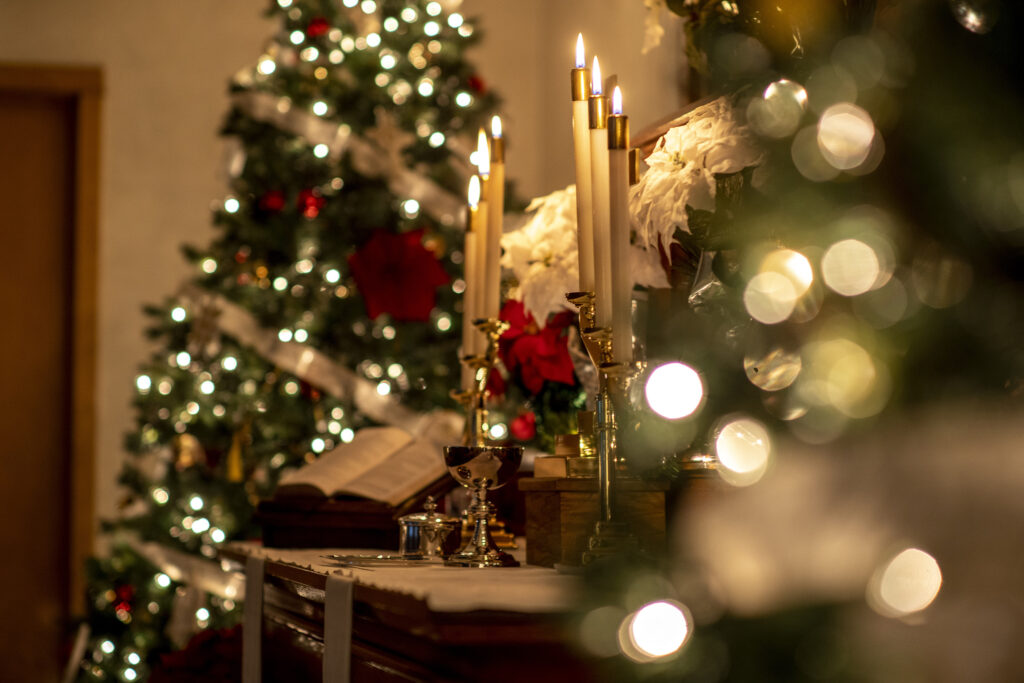
1. Attend the Epiphany service at church.
As the wise men found Jesus by reading the Word of God, so we find Jesus in the same way today.
January 6 at 6:30pm
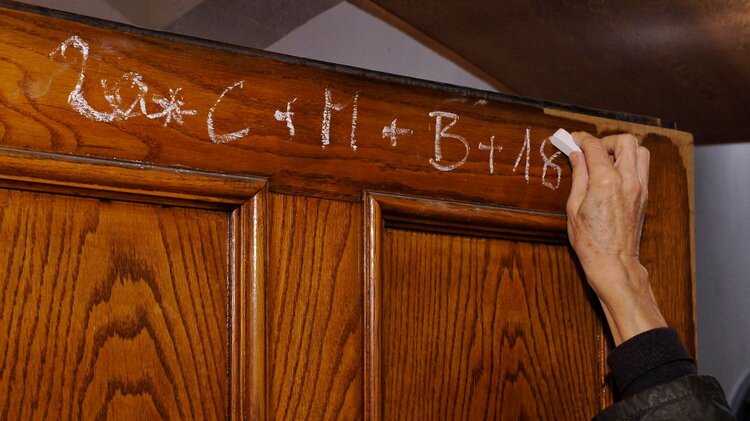
2. Chalk your front door.
Epiphany is the traditional time to bless your home, as the wise men visited Jesus in His home.
It is a great opportunity to have pastor visit your family and bless your home.

3. Save one present for your children to open on Epiphany.

4. Have your kids make King crowns from craft paper

5. Bake a King’s Cake.
(Many bake a small figurine/toy baby into the cake to be discovered just as the magi discovered Jesus)

6. Break out the telescope for stargazing.
Be reminded of the star that brought the Wise Men to Jesus.
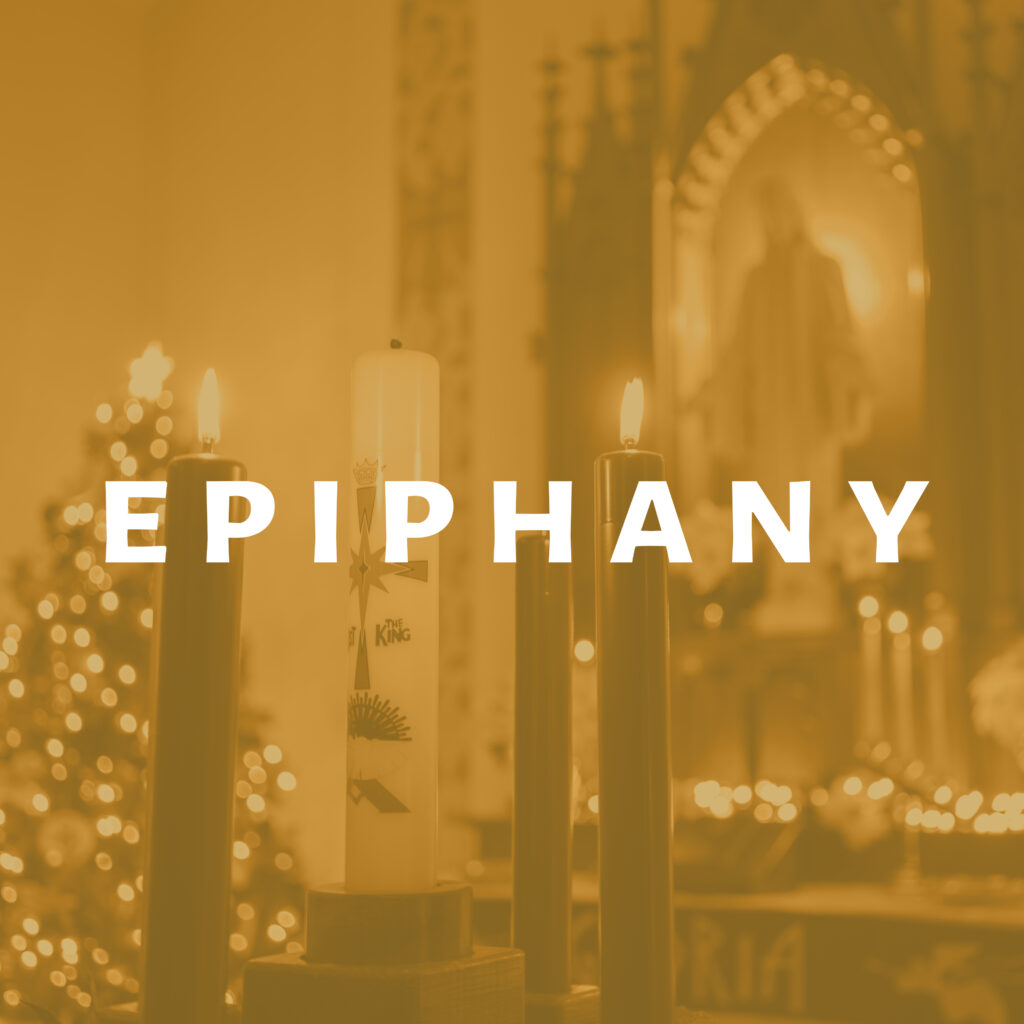
7. Listen to some Epiphany music
Prayer for Epiphany
O God, by the leading of a star You made known Your only-begotten Son to the peoples of the earth: Lead us, who O God, who by the leading of a star made manifest Your only-begotten Son to the Gentiles, mercifully grant that we, who know You now by faith, may after this life joyfully behold Your glorious Godhead; through the same Jesus Christ, Your Son, our Lord, who lives and reigns with You and the Holy Spirit, one God, now and forever.
